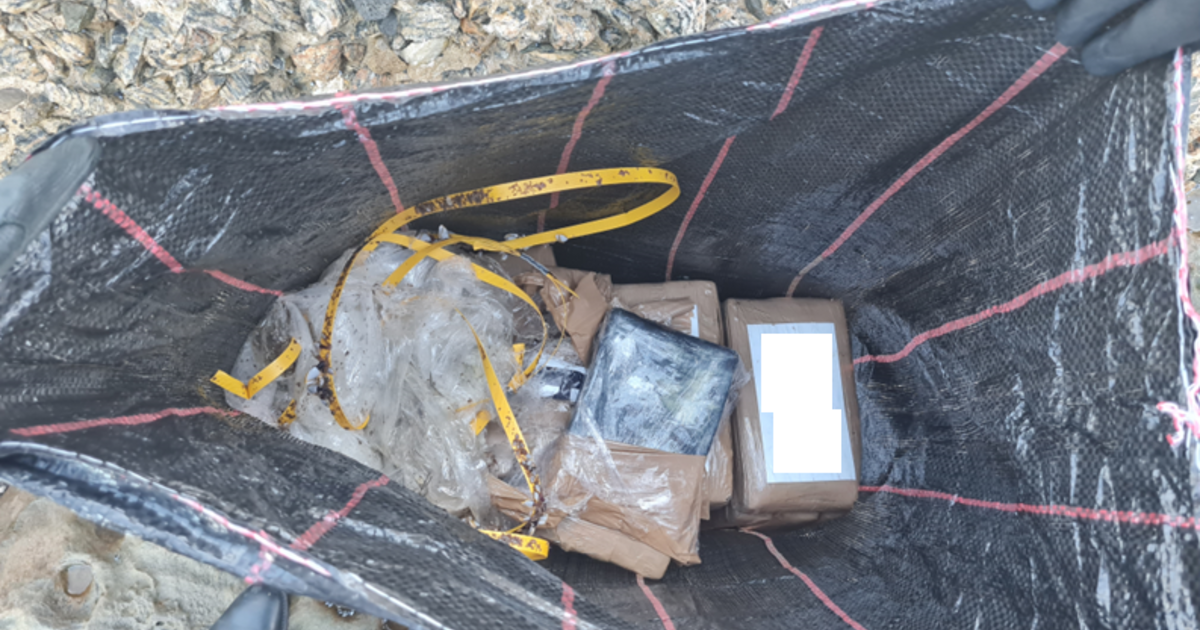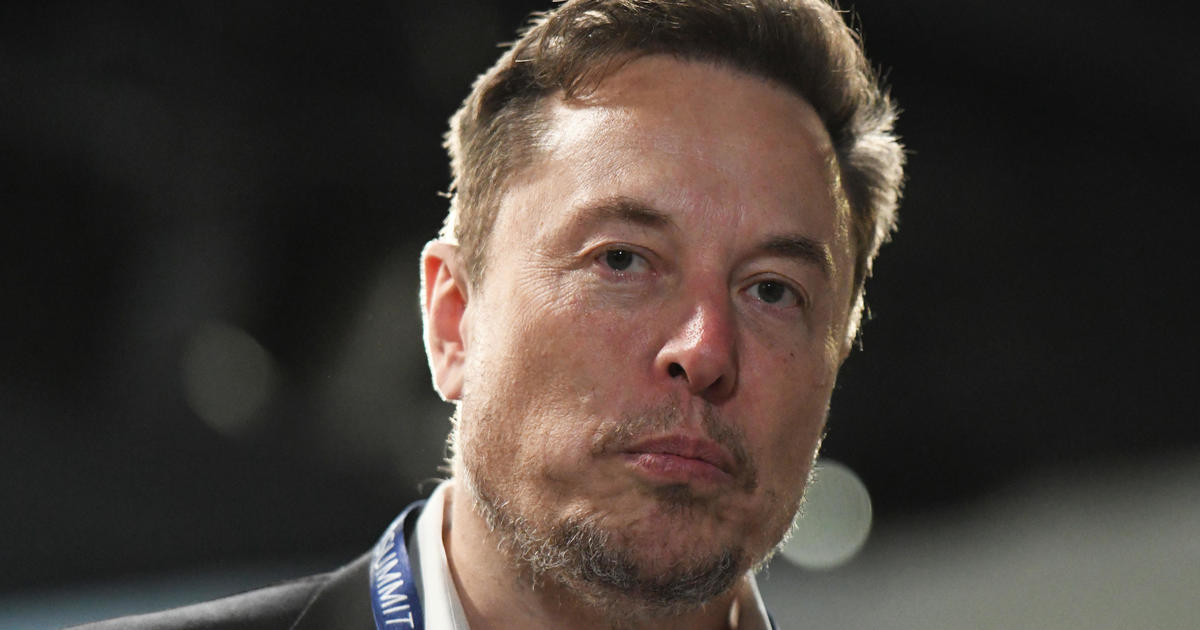Gas in Florida gets armed escort as Hurricane Irma bears down
Florida Gov. Rick Scott is calling the cops. And the National Guard. And enlisting anyone else who can help keep the fuel flowing as thousands flee Hurricane Irma's unprecedented strength and path northward.
"To further expedite fuel delivery, I have directed state police to escort fuel trucks to gas stations along evacuation routes," Scott said at a news conference today and detailed in a press release on his website.
"For gas stations in evacuation zones: We need you to stay open as long as possible so people can get out," Scott said. "We will arrange police escorts for your employees so they can get out safely."
Unlike Texas, Florida doesn't have refineries. Instead, Floridians go to pumps ultimately supplied by tankers and barges. That means Irma isn't likely to push prices up in the way Hurricane Harvey did two weeks ago, said Patrick DeHaan, senior petroleum analyst at GasBuddy.
"Irma's not going to be a storm that results in a pinch at the pump," he said. "It's not taking aim at any of the sensitive infrastructure that we rely on for gasoline. Call it a break from Harvey."
The challenge now, DeHaan added, is that damage from Harvey on the infrastructure the systems relied on to deliver gasoline to Florida.
"Stations are running out [of gas] because the sheer amount of motorists is overwhelming," DeHaan said. "Really, the choke point is at the station. It's overwhelming the amount of truckers and trucks needed to deliver gasoline" from terminals or fuel depots.
That's because there aren't enough lanes for trucks to deliver gasoline as fast as motorists are consuming fuel. The need comes just as the Gulf Coast begins to recover from Harvey, which shut down more than a quarter of the nation's refineries.
Those oil processing facilities are recovering. About 2.9 million barrels a day of distilling capacity, or 16 percent of total refineries, were offline as of Sept. 6, down from a peak of 27 percent just a week ago, according to IHS Markit.
Still, starting a refinery that produces 400,000 barrels a day "is not akin to restarting a car. We know that a number of refineries in Corpus Christi are back to normal and Houston plants are in various modes of restart," said Tom Kloza, global head of energy analysis for the Oil Price Information Service, in an email. Other Gulf refineries are also in various states of re-start, he said.
The Coast Guard planned to further restrict already limited traffic at Florida ports midday Thursday, Reuters reported. Fuel is flowing, DeHaan said. Now, the obstacle is distribution.
As of early Thursday afternoon, 41 percent of gas stations in Gainesville, 36 percent in Miami, 34 percent in West Palm Beach and 28 percent in Tampa were without fuel, according to Gas Buddy.
The average price for a gallon of regular gas in Florida is now $2.71, up 24 cents from last week in the wake of Harvey's landing on the Gulf Coast, according to GasBuddy
Prices at the pump are still rising slightly as the cost of Harvey works its way up the supply chain. Later this month, consumers will likely see the highest gasoline costs in two years, according to IHS Markit.
Still, Kloza expects gas prices overall to remain moderate.
"People should expect to see a bit of chaos in Florida in the next few days, but the days of cheap gasoline are not over," he said. "This is a mere interlude or interruption in the parade of cheap fuel prices this decade" as crude oil prices stay low.
The Environmental Protection Agency on Thursday waived requirements for reformulated gasoline for 38 states, including Florida and Texas, through Sept. 26 and low volatility conventional gasoline through Sept. 15, superseding the order after Harvey. That ran through Aug. 31.
Hurricane Irma, a Category 5 storm with winds exceeding 185 mph, slammed the Caribbean and skirted Puerto Rico overnight, though more than 1 million people there remain without power. Depending on Irma's ultimate path, gas production could be threatened again, IHS Markit said.
The U.S. National Hurricane Center predicted Irma would remain at Category 4 or 5 for the next day or two as it passes just to the north of the Dominican Republic and Haiti Thursday, nears the Turks & Caicos and parts of the Bahamas by Thursday night and skirts Cuba on Friday night into Saturday.
The storm is expected to hit Florida sometime Sunday. Gov. Scott said he planned to activate 7,000 National Guard soldiers by Friday, warning that the storm is "bigger, faster and stronger" than Hurricane Andrew 25 years ago. Entire neighborhoods were wiped out in that storm.
To ease things for motorists, some Florida gas stations are giving away free coffee and supplying waiting motorists with coffee to ease tensions, DeHaan said. "Everyone is really pulling together for this."
-- Irina Ivanova contributed to this report



